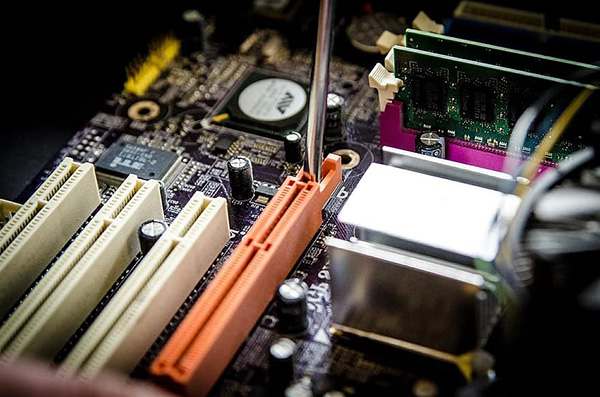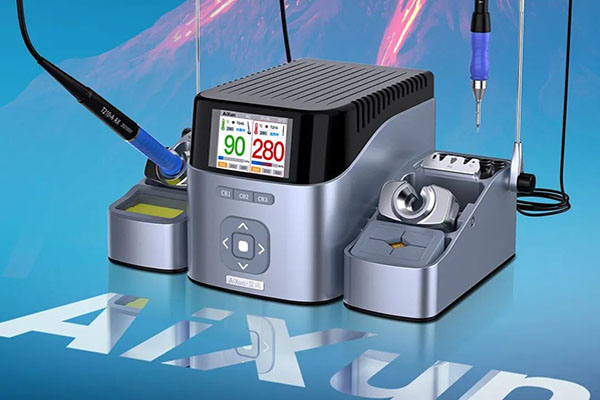
Micro soldering is a delicate process that requires precision and skill. It is often used in the repair of circuit boards and other electronic components, and requires a steady hand and attention to detail. Here are some tips and techniques to help you become a successful micro solderer.

Micro soldering is used in a variety of applications, from electronics repair to jewelry making. While the basics of micro soldering are relatively easy to learn, mastering the skill takes time and practice. Let’s learn the basics of micro soldering
1. Clean the area to be soldered with a flux-coated soldering iron tip and flux.
2. Heat the area to be soldered with the soldering iron.
3. Apply the solder to the heated area.
4. Allow the solder to cool and solidify.
5. Inspect the joint to ensure that it is secure and free of defects.
6. Clean the soldered area with a damp cloth to remove any flux residue.
1. Invest in Quality Equipment: Investing in quality soldering tools and supplies is essential to successful micro soldering. Look for equipment that is designed specifically for micro soldering, such as a soldering iron with a small tip and a magnifying glass. Additionally, look for solder with a low melting point, flux, and a flux brush.
2. Clean the Surfaces: Before beginning the soldering process, make sure to clean the surfaces of the components you are working with. This will help ensure that there are no contaminants or debris that could interfere with the soldering process.
3. Use the Right Solder: When selecting solder for micro soldering, make sure to choose a solder that is specifically designed for the job. This will help ensure that the solder melts at the right temperature and does not cause damage to the components.
4. Use the Right Temperature: Make sure to set the soldering iron to the right temperature for the job. Too high of a temperature can cause damage to the components, while too low of a temperature can cause the solder to not adhere properly.
5. Take Your Time: Micro soldering requires precision and patience. Take your time and make sure to be precise with each step.
6. Practice: Micro soldering is a skill that requires practice. Start with simple projects and work your way up to more complex ones. This will help you become more comfortable with the process and help you develop your skills.
7. Inspect Your Work: Once you have finished soldering, make sure to inspect your work. Look for any areas where the solder may have not adhered properly or any other signs of damage.
By following these tips and techniques, you will be well on your way to becoming a successful micro solderer. Just remember to take your time, use the right equipment, and practice, practice, practice!

AiXun is a leading provider of micro soldering solutions. With the advanced intelligent technology, we are able to make precise and reliable repairs to delicate components. AiXun offer a variety of soldering & desoldering equipment, including soldering, rework, and repair for a wide range of components. The team’s experienced technicians are dedicated to providing our customers with the highest quality micro soldering services. With our commitment to excellence and customer satisfaction, AiXun is the perfect choice for all your micro soldering needs.
 WhatsApp
WhatsApp